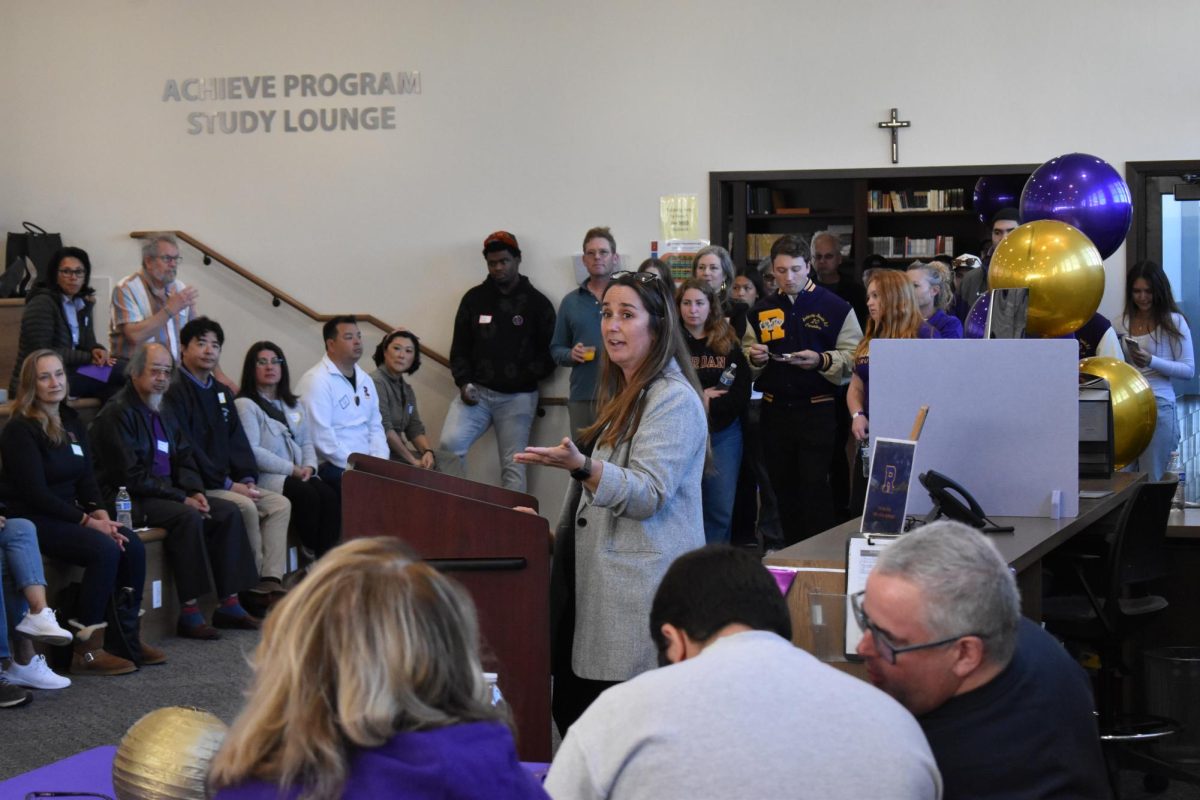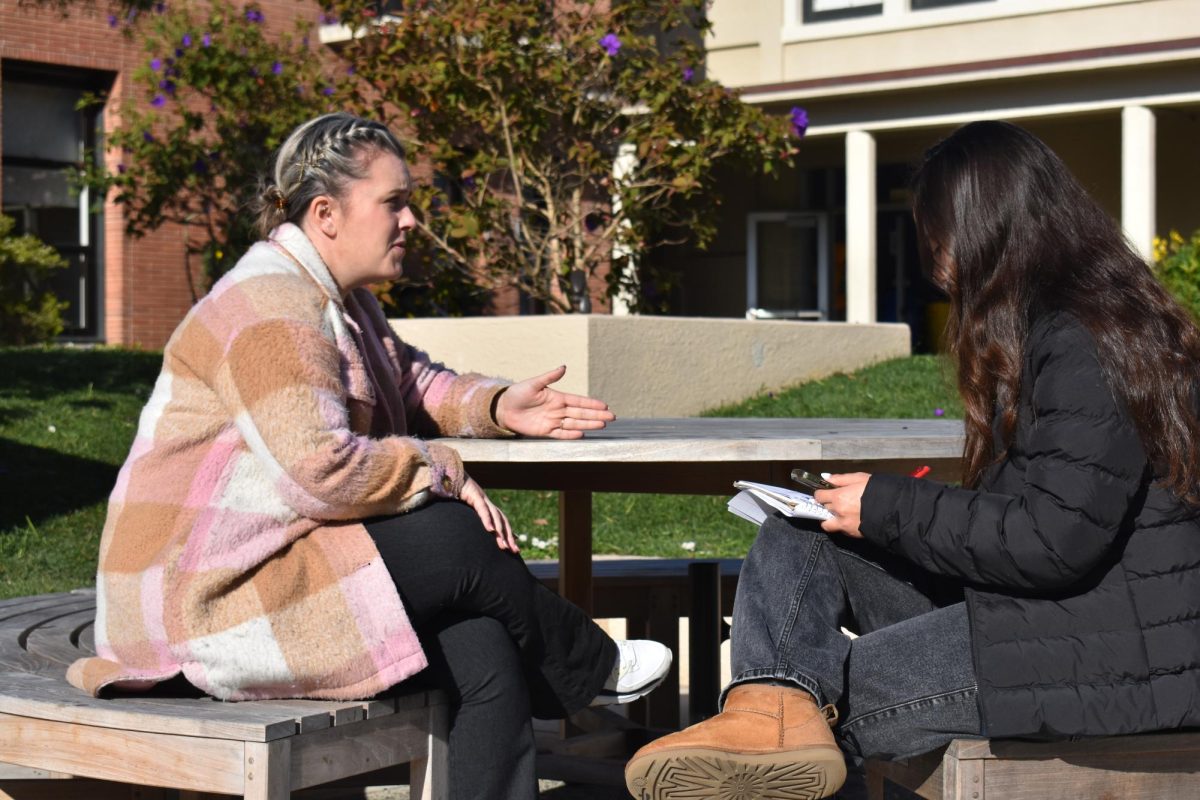Voters were at the edge of their seats watching maps turn red and blue last month. As the results came in and Donald Trump was declared President-elect, many wondered what would happen regarding his many active cases.
Trump is the first U.S. president that has been accused and convicted of felony crimes. However, the Supreme Court ruling in Trump v. United States allows a president to pardon himself from any actions classified as official acts.
It also protects a president from being indicted and going on trial while serving their term. This allows the president an unprecedented amount of power, and puts into question the balance of powers between the three branches of government. One case involves allegations of hush money he allegedly had attorney Michael Cohen pay. As it’s a federal case, Trump can pardon himself.
Next is the Georgia election interference case. After winning the 2016 election, Joe Biden won the 2020 election. According to court documents, Trump called the Georgia secretary of state Brad Raffensperger and told him to recount the votes and overturn the election. Trump insisted that more than 11,000 votes were missing.
Being a state case, this case falls out of Trump’s jurisdiction as president and cannot be cleared by him. The case will have to resume sometime after his presidency, since the Presidential Immunity Act prohibits the prosecution of a sitting president.
Next in Florida: Trump left the White House in 2021, but not without taking boxes of classified documents. When confronted by the government, he denied the fact. However, as an FBI search revealed at his estate in Mar-a-lago Florida, there were boxes upon boxes of classified documents taken from the White House.
“Generally speaking, taking classified documents from a government building is probably unlawful,” Joseph Olsen ’26 commented.
Trump is not alone in accusations of mishandling official documents. In February, the Associated Press reported, “Special Counsel Robert Hur . . . released his long-awaited report on President Joe Biden’s handling of classified documents. . . The report concludes that no criminal charges against Biden are warranted, a key difference from Donald Trump’s situation.”
“But it also says there was evidence that Biden ‘willfully’ retained and disclosed highly classified materials when he was a private citizen. And it highlights his confusion and ‘significantly limited’ recall of events related to the documents.”
With the rationale that special counsel Jack Smith was unlawfully appointed to the case, Judge Aileen Cannon granted Trump’s motion to dismiss the case on July 15.
Both the Georgia election interference (federal) and Florida classified documents (state) cases were dismissed. However, since they were dismissed without prejudice, they can be brought back anytime–including after Trump finishes his upcoming term. As president, Trump only has the ability to pardon cases in federal courts, not in state courts.
However, Gisella Bellarosa ’27 expressed, “I think every single case that has ever been made against him, he will find a way to pardon it.”
Whether that is the case will remain to be seen.
Presidential pardons have long been an American tradition. According to the National Constitution Center, President Carter commuted the sentence of G. Gordon Liddy related to the 1972 Watergate burglary as well as restoring citizenship to former Confederate president Jefferson Davis. President Gerald Ford pardoned Nixon for his involvement in the Watergate scandal.
President Bill Clinton pardoned his brother, Roger, who had served a one-year jail sentence on a drug conviction.
Most recently, Biden pardoned his son Hunter who was convicted of three federal firearms-related felony charges in June 2024 after he had admitted to illegally owning a gun while a drug user.
In a statement from the White House, President Biden said, “Today, I signed a pardon for my son Hunter. . . . I have watched my son being selectively, and unfairly, prosecuted. . . . The charges in his cases came about only after several of my political opponents in Congress instigated them to attack me and oppose my election.”
If Trump pardons himself, it would be unprecedented, but legal. However, according to the Washington Post, “The Justice Department will not prosecute a sitting president, so the case won’t go to trial.”






